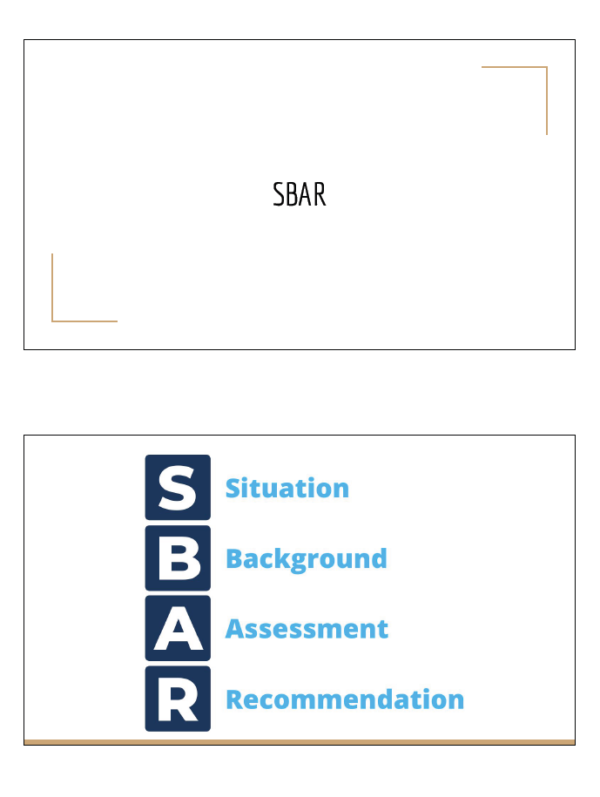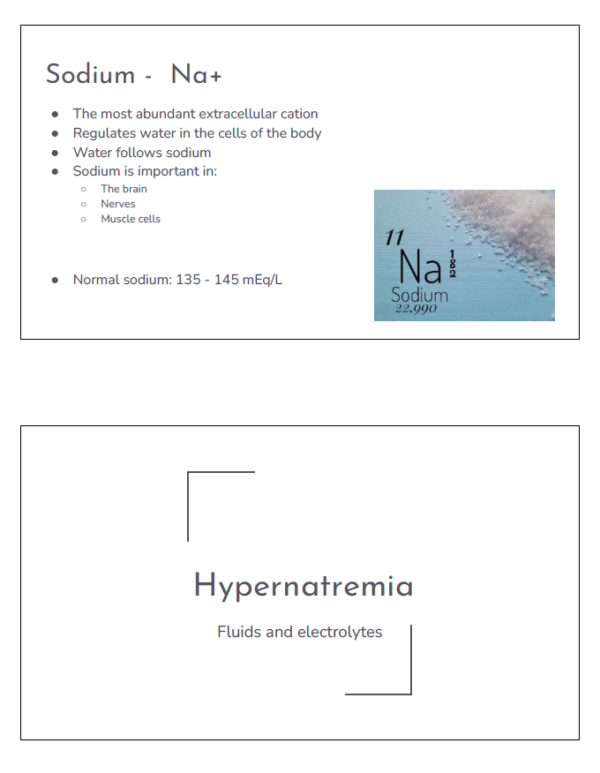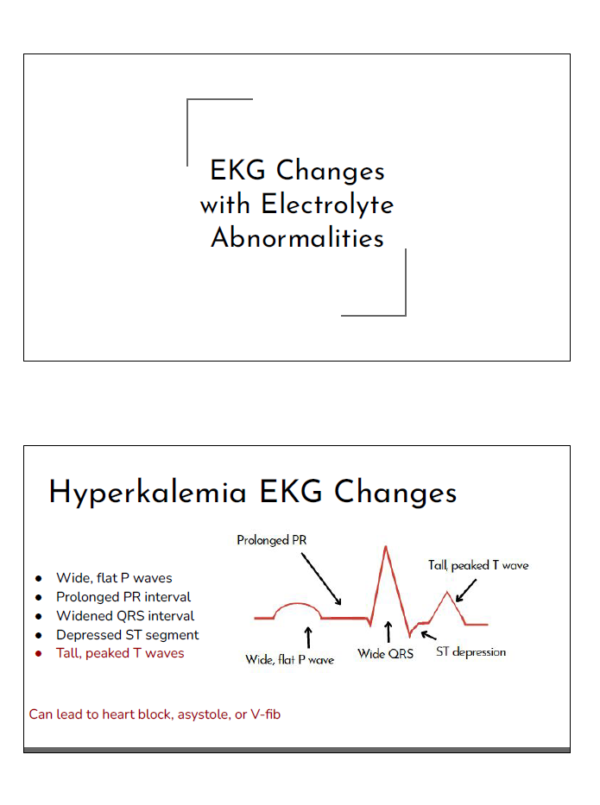Diets and Nutrition: Essential Guidelines for Health and Disease Management
This document provides an overview of essential dietary practices, including macronutrient recommendations, special diets for various health conditions, and NCLEX-style questions for reinforcing key concepts. It covers the nutritional needs for diabetes, high cholesterol, hypertension, renal failure, and more, with a focus on practical guidelines such as carb counting, low-sodium diets, and fluid restrictions. Perfect for nursing students and healthcare professionals looking to enhance their understanding of diet and nutrition in patient care.
Preview document (- of - pages)
$3.00
- 100% Guaranteed Satisfaction
- Documents can be downloaded immediately
- No hidden fees
Specifications
School:
-
Course:
-
Subject:
-
Year of study:
-
Document
Section:
-
Made on:
October 5, 2024
Type:
.pdf
Pages:
-
Language:
English
Seller

You may also find these Examinations helpful
-
Gastrointestinal Crash Course: Anatomy, Disorders, and Treatments
Study Guides by NurseEducator on 05-10-2024This document provides a quick and thorough review of the gastrointestinal (GI) system, covering essential topics such as gastric and duodenal ulcers, Crohn’s disease, ulcerative colitis, pancreatitis, appendicitis, and liver... -
Fundamentals of Nursing: Comprehensive Crash Course for NCLEX Success
Study Guides by NurseEducator on 05-10-2024This document offers a thorough review of fundamental nursing concepts, covering topics such as advanced directives, legal and ethical principles, HIPAA, patient positioning, isolation precautions, and ABG interpretation. It includes... -
Fluids and Electrolytes: Sodium, Chloride, and Potassium Imbalances
Study Guides by NurseEducator on 05-10-2024This document provides a detailed overview of the role and regulation of sodium, chloride, and potassium in the body. It covers the causes, symptoms, and treatments for conditions such as... -
EKG Changes with Electrolyte Abnormalities
Study Guides by NurseEducator on 05-10-2024This document provides a detailed overview of how electrolyte imbalances, such as hyperkalemia, hypokalemia, hypermagnesemia, hypomagnesemia, hypercalcemia, and hypocalcemia, affect EKG readings. It highlights key changes to watch for, such...

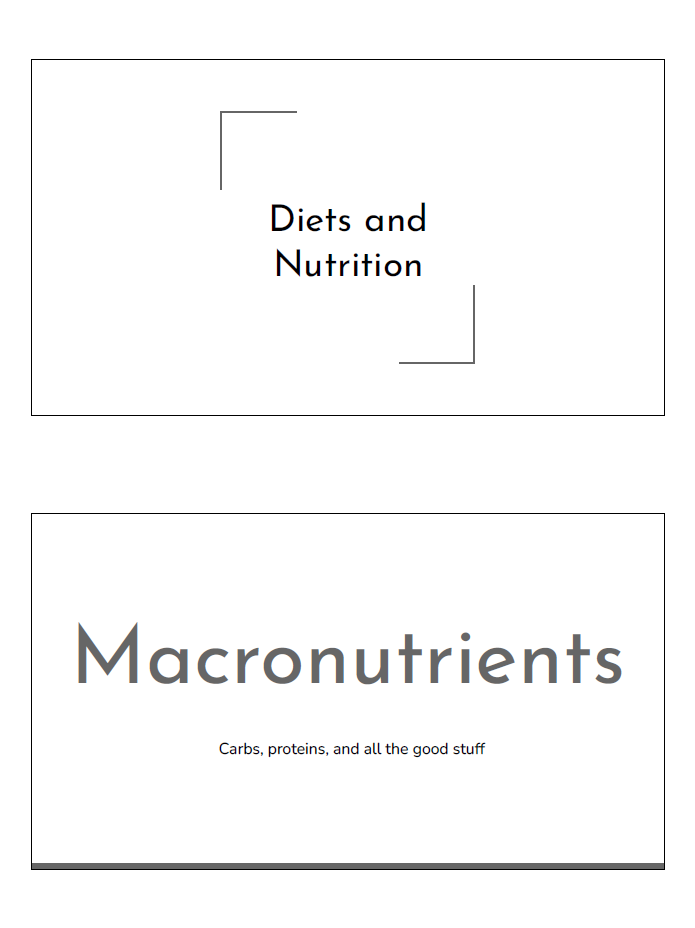
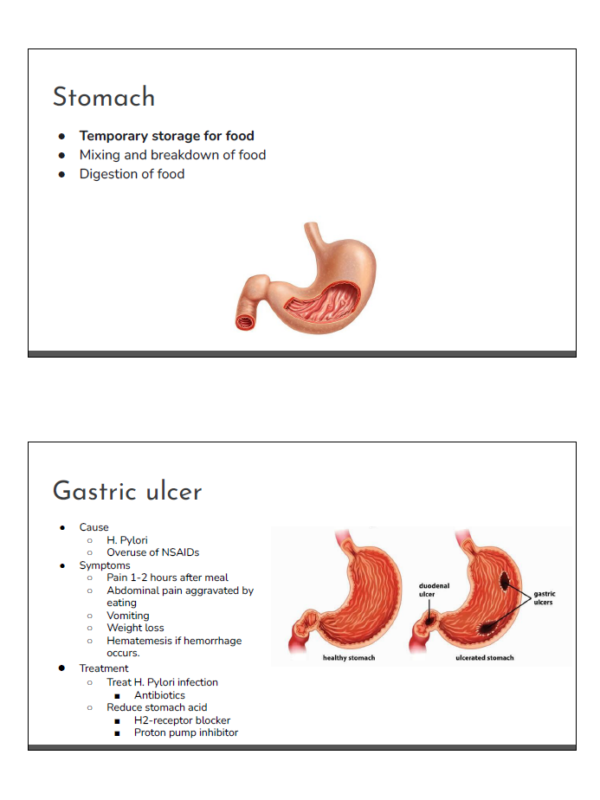
 23 Pages
23 Pages
